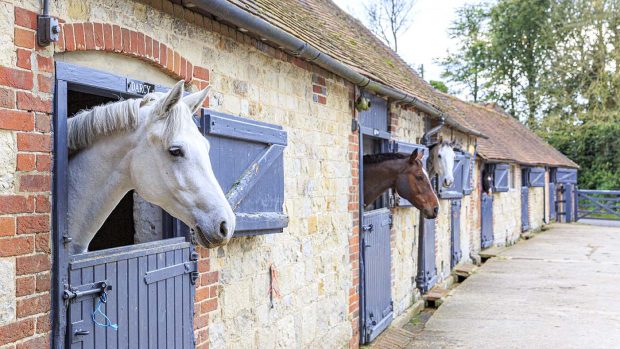View horses for loan
Q: I am thinking about getting a horse on loan and I know I need to draw up an agreement between myself and the owner – I have seen a sample loan agreement on the BHS website. As the horse will be kept at a local livery yard, will I have to meet all livery costs and how will I be affected if I prefer to move the horse to another yard with better facilities?
Helen Niebuhr, a solicitor and partner at Oxford-based law firm Darbys, answers: A written agreement defines who is responsible for what and protects the rights of both the owner and the borrower. Any agreement will have to be tailored to suit your own needs and those of the owner. You should both sign the final loan agreement and each of you should keep a copy for your records.
The loan agreement should cover the obligations of the owner and borrower and the needs of the horse. It may specify where the horse is to be kept, who may ride him and for what purpose he may be used. The intentions of the owner and borrower should be clear and it should specify what sort of agreement it is.
It is usual for the borrower to be responsible for the costs of keeping the horse, including livery costs. However, this will be a matter for discussion between yourself and the owner, who may want the right to visit regularly and ride the horse on occasion. In this case, it may be akin to a sharing agreement where you share the costs of keeping the horse.
The owner may also wish to specify where the horse is to be kept, so it would be inadvisable to move the horse without prior agreement. If you do move the horse without the owner’s consent, then you may be in breach of the loan agreement and the owner may have the right to recover the horse from you.
Other areas where problems can arise include insuring the horse (and for what value), the length of the loan, plus length of notice and reasons for termination of the agreement. If you are not clear about this and decide to return the horse early, the owner may claim that you are in breach of the agreement and seek costs of livery or re-advertising as a result.
It is advisable to record any subsequent agreements in writing if they add to – or change – the terms of the original loan agreement. These should also be signed by yourself and the owner.
View horses for loan




